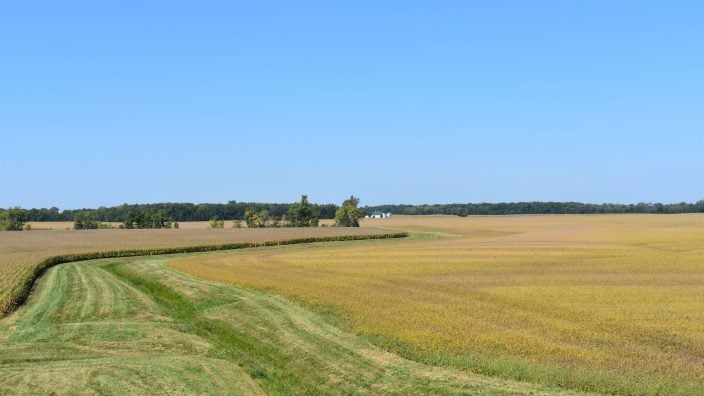Legal with Leah: The questions around data centers
Leah Curtis joins this Legal with Leah to talk about what data centers mean for local communities and how to stay engaged in the development process
Read MoreOhio Farm Bureau 2024 priority issues focus on building a strong business climate, creating a responsible regulatory environment, preserving Ohio's farming heritage, building healthy rural communities and engaging in grassroots advocacy.
The agriculture sector continues to face a volatile economy, particularly with continued uncertainty around the price and availability of inputs for the 2024 growing season. Consumers continue to pay higher prices for food while margins for agricultural producers remain tight. Meanwhile, development pressures from many different sources threaten the availability of farmland and the Buckeye State’s rich farming heritage.
The 2024 Ohio Agriculture and Rural Communities Action plan provides a blueprint for policymakers and Ohio Farm Bureau members to bolster Ohio’s agriculture industry and our rural communities.
Promote a strong business climate
Farm Bureau will:
Create a responsible regulatory environment
Farm Bureau will:
Preserve Ohio’s farming heritage
Farm Bureau will:
Build healthy rural communities
Farm Bureau will:
Engage in grassroots advocacy and increase engagement
Farm Bureau will:


Leah Curtis joins this Legal with Leah to talk about what data centers mean for local communities and how to stay engaged in the development process
Read More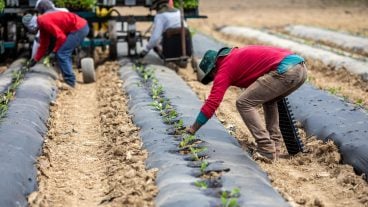
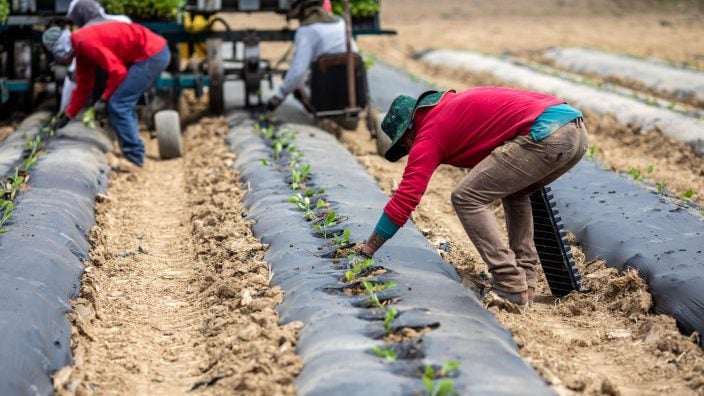
A recent state budget fix and a federal rule reform to H-2A have resulted in some relief for farmers who use the guest worker program.
Read More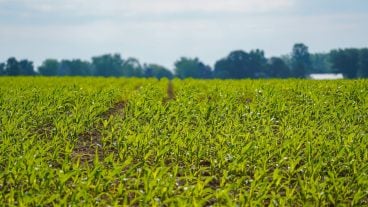
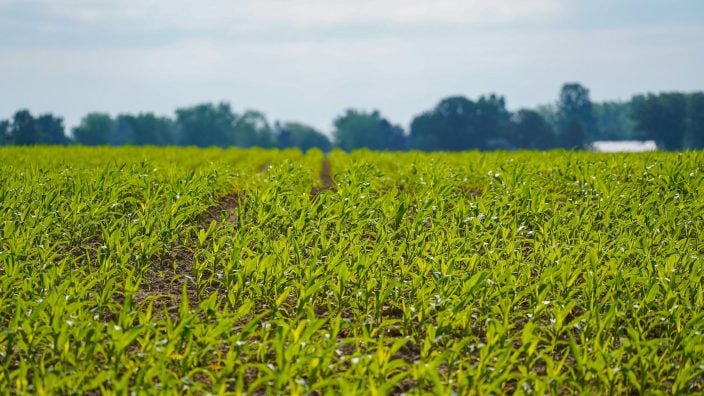
Ohio Farm Bureau advocated for a change in the law to allow family members and employees to handle pesticides while under the supervision of a licensed applicator. The rules around HB 10 are being finalized.
Read More

Four property tax reform bills were signed into Ohio law at the end of 2025. Ohio Farm Bureau Associate General Counsel Leah Curtis breaks down the bills and what the changes mean for Ohioans.
Read More
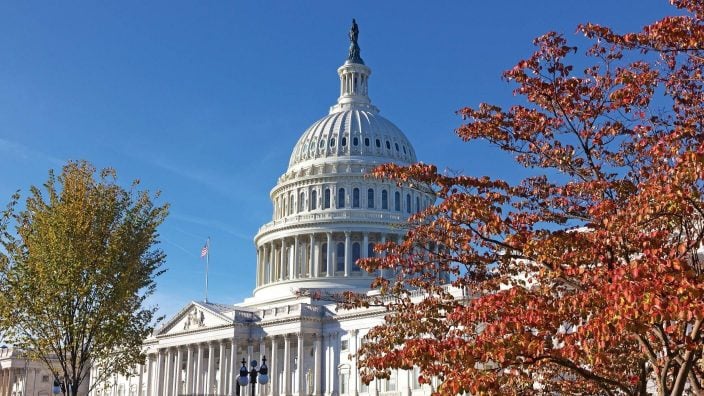
A proposal to import beef from Argentina comes on top of the government shutdown and ongoing economic pressures facing agriculture.
Read More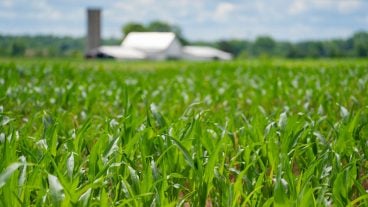
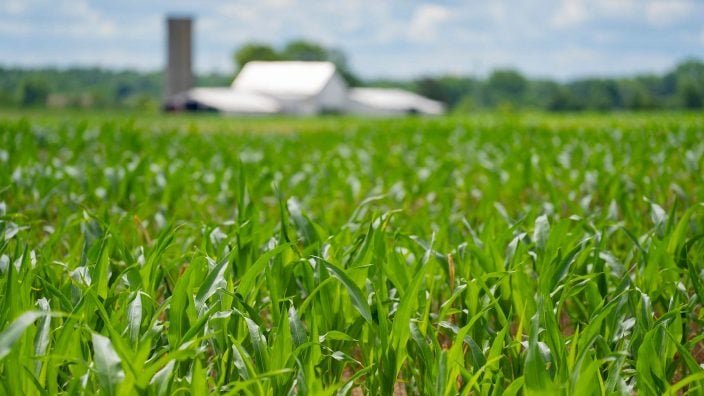
Any unlicensed handlers who use restricted use pesticides will need to have additional training. Farm Bureau will be working on legislation to give employers a choice on how to provide training.
Read More

After nearly 100 days of traveling the nation and visiting directly with hundreds of farmers across America, U.S. Secretary of…
Read More

Over 20% of all the production in the United States from agriculture gets exported to a different country.
Read More

On this Ohio Farm Bureau Podcast, get an update on challenges borrowers are facing in 2025 from experts at Ag Credit and find out how the current state of agriculture is affecting the organization.
Read More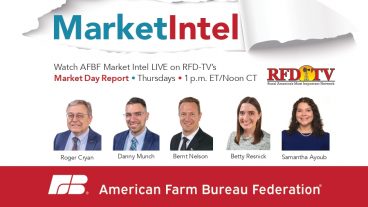

Ohio Farm Bureau has collected information and resources that will be updated as the trade and tariff situation continues to unfold.
Read More